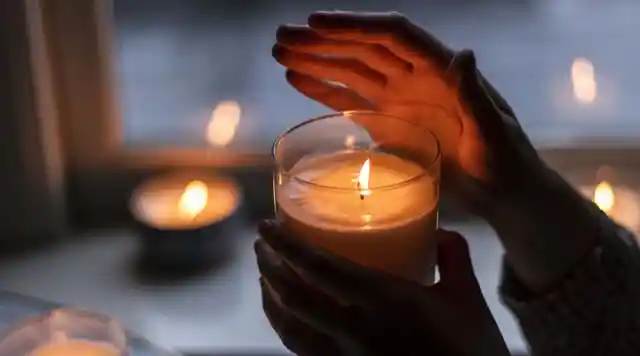Allergies
Sneezing is a reflexive response you perform when your nasal tissue is irritated by an irritant or foreign particle. You may notice that you sneeze more in the spring and fall when plants and grasses are releasing pollen into the air. These pollen particles can cause an allergic reaction and lead to sneezing but, if you’re not allergic, then something else could be causing your sneeze.
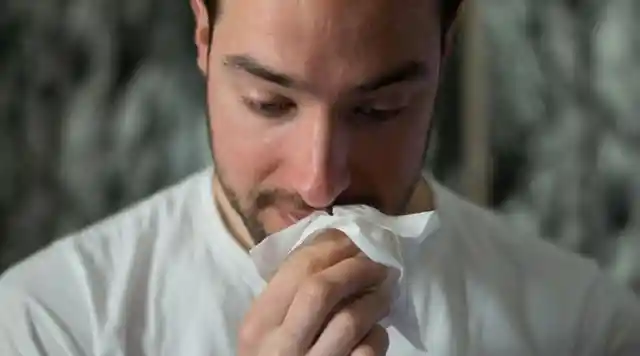
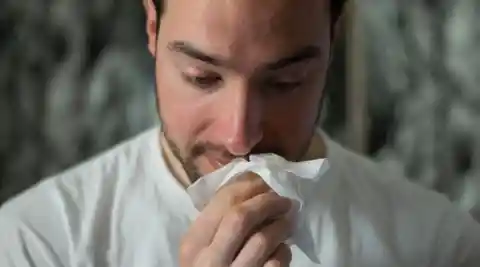
Sinusitis
If you have allergies, you’re probably well aware that they can cause a lot of problems. But did you know that allergies can also lead to sinusitis, an infection that causes swelling in the sinuses (the air-filled spaces around your cheekbones and eyes)? Sinusitis is the most common cause of sinus infections and can lead to chronic sneezing.
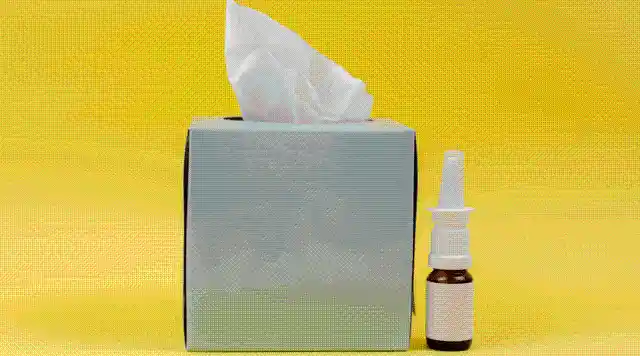
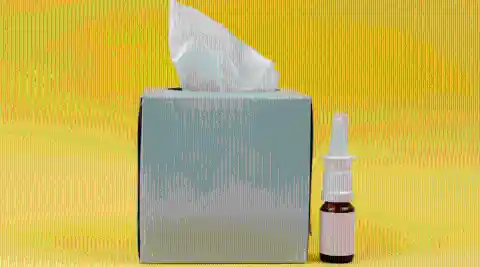
You’ve started a new medication
Sneezing is an example of an uncommon side effect that may occur when taking certain medications – including NSAIDs and beta-blockers. Although it’s not common, it’s important to know what to do if your body starts doing something strange on your new prescription medications.


Strong scents
We’ve all been there: You’re riding an elevator and someone gets on with a cloud of perfume trailing behind them. One whiff leaves you practically gasping for air as your nose starts to burn. You may even start sneezing uncontrollably as your eyes water. It’s not an allergic reaction, but rather a nonallergic rhinitis, which means your nasal passages become inflamed in response to an irritant, like perfume.


Nasal polyps
The nasal polyp is a common problem that is easily confused with allergies. It can be hard to tell the difference between the two, as they both produce similar symptoms – like stuffiness, sneezing, runny nose, and diminished sense of taste or smell. The good news is that a trip to your doctor for a physical exam can determine whether or not you have nasal polyps.
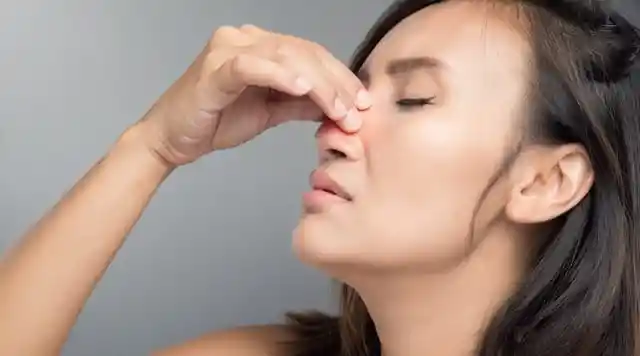
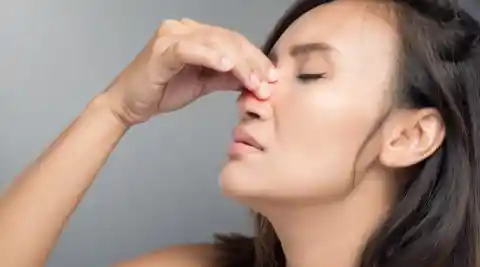
Pollution
If your allergies are severe enough that polluted air can trigger chronic sneezing, see a board-certified allergist who can help you put together an action plan. An allergist will test your immune system using skin or blood tests, then develop a treatment plan that includes recommendations for how to manage your environment and lifestyle, along with medications if necessary.


Poor air quality
Homes with poor ventilation can trap allergens close to where you sleep and spend most of your time, especially if you don’t have an air conditioner or a dehumidifier to help reduce moisture. The Environmental Protection Agency suggests opening windows and doors, using window or attic fans, and turning on kitchen and bath exhausts to increase the flow of fresh air in this case.
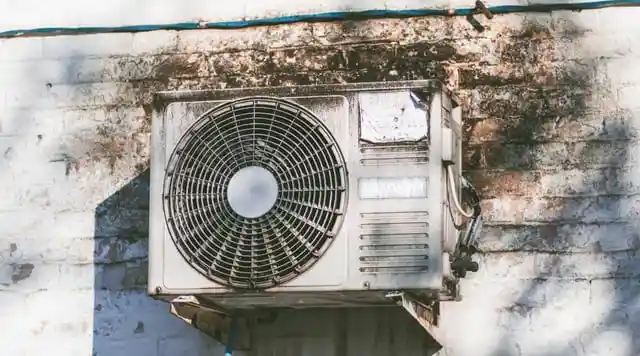
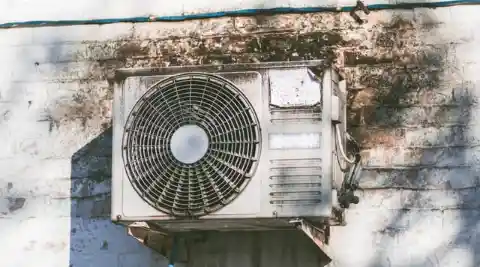
Antihistamines
Sneezing is a normal part of having allergies. That’s why it can be so confusing when the allergy medicine you’re taking also makes you sneeze. The active ingredient in most allergy medications is an antihistamine, which has been known to trigger random sneezing in some allergy sufferers.
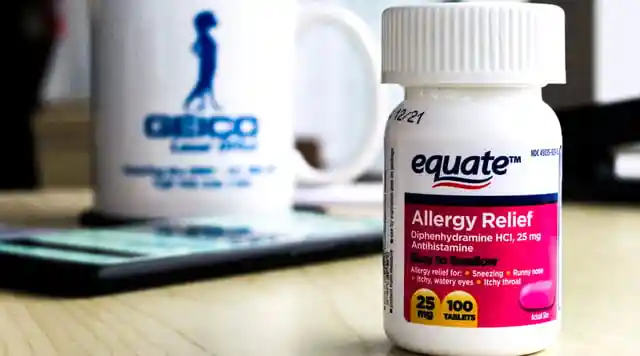
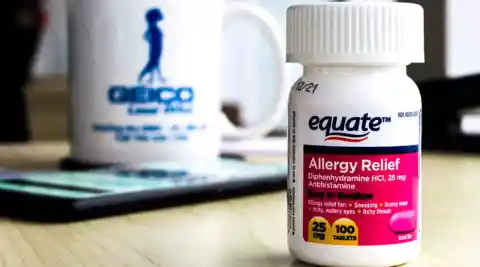
Bright lights
It might sound totally random, but around 18 to 35% of the world’s population sneezes in the presence of bright light. This is called a “helio-ophthalmic outburst,” but it’s better known as the ACHOO syndrome: Autosomal Cholinergic Helio-Ophthalmologic Outburst. The ACHOO syndrome might seem like a funny thing that only scientists would ever be interested in, but it has real implications for driving and other activities that require sight.


Eyebrow plucking
Many people have a desire to shape their eyebrows into arches that are sharp enough to slice through a juicy tomato – but there’s always that one thing that stands in the way: sneezing. Apparently, when you pluck your eyebrows, you’re stimulating the trigeminal nerve, which will set off that sneezing reflex.
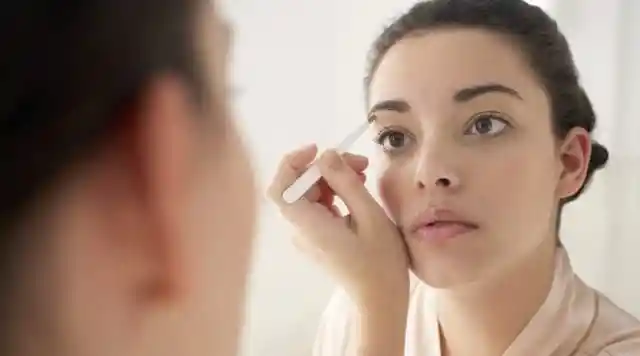
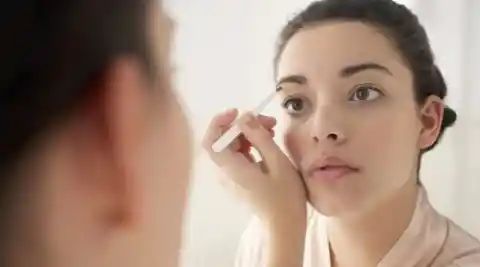
Viruses
When you have a cold or your body is trying to get rid of the viruses and germs from your nose, they are expelled through sneezing, with the mucus acting as an ejector. So if you have a consistent tickle in your nose, it could be that you’re about to come down with the common cold. Sorry!
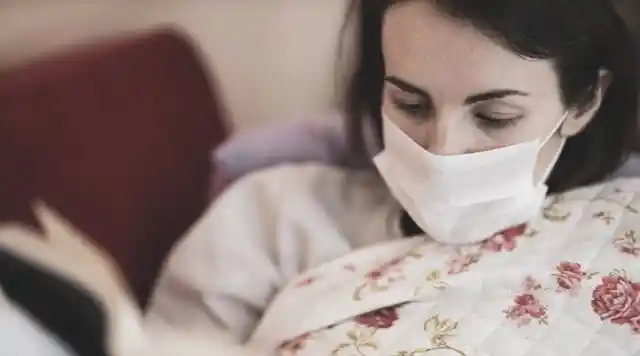

Exercise
If you’re exercising and sneezing, it’s probably not because of allergies. It might seem like your nose is reacting to the pollen in the air, but the sneezing is actually related to working out! When you exercise, you start breathing faster than normal, which can trigger a sneeze. Your nose and mouth tend to dry up, too, which makes it more likely that you’ll sneeze.


Sex
Sex and sneezing have long been linked in playground folklore, but there has been very little investigation into their real relationship. The theory is that sex and sneezing both stimulate the parasympathetic nervous system, which triggers signals in some people’s brains to sneeze after or during bedroom activity.
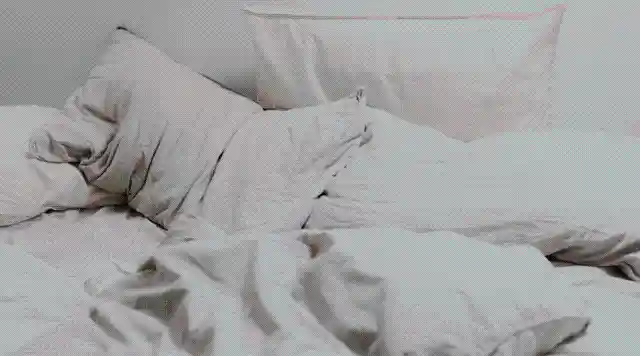

Dry sinuses
Dry air is a common problem for many during the winter months, but the same thing can happen in summer if you live in a climate that has arid or desert areas. Either way, the result is that the dry air makes your nose more susceptible to irritation, which can lead to sneezing.


Dark chocolate
While chocolate is often associated with feeling happy, it is not uncommon for dark chocolate to bring on an unexpected side effect: sneezing. Some consider this effect to be caused by a “PSR,” which stands for “psychosomatic response.” Scientists speculate that the chemical compounds in cocoa trigger the brain into releasing pleasure chemicals, which are then followed by sneezing.
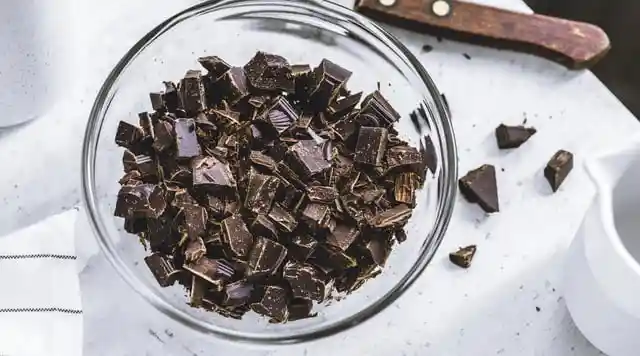
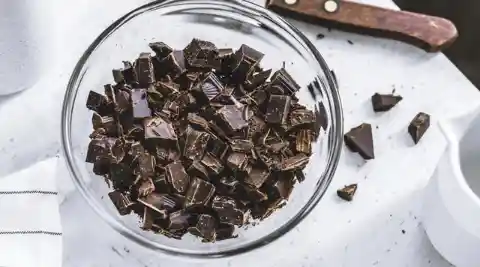
Spicy food
Did you know that you’re more likely to sneeze after eating spicy foods? Capsaicin, the chemical that gives jalapeños and cayenne their kick, stimulates and irritates your nasal passages, making it easier to sneeze. Don’t stop seasoning your food though – although you may be more likely to sneeze if you eat them, there’s no evidence that spicy foods cause allergies or respiratory problems!


Fizzy drinks
The carbon dioxide in soft drinks and other fizzy beverages irritates the TRPA1 receptors on nerve cells in the tongue. These receptors are also found in the upper airways so, when they are activated, they cause an increase in saliva and a tickling sensation that makes you want to sneeze or cough.


Cold air
It’s no secret that winter weather can wreak havoc on your health. Along with the common cold, some people experience a more unusual winter health problem: they sneeze when they breathe in cold air. This is technically called “cold-induced rhinorrhea” or “winter rhinitis”, and it’s thought to be caused by a miscommunication between nerves in the face and the nasal passages.


Strong emotions
Did you know that sneezing is often triggered by intense emotions? While there are many theories out there on why this might be, the most accepted one is that strong emotions cause the nasal membranes to either shrink or swell, causing pressure within the nasal cavity. When the pressure becomes too great, a sneeze is the result.


Overeating
As odd as it may sound, some people have a sneezing response to satiation. Eating too much can cause your stomach muscles to react by contracting, which in turn triggers the sneeze reflex. Researchers are not sure what causes this effect in those who experience it, but they do know that it’s not related to pepper consumption. This phenomenon is called “snatiation.”


Red wine
Drinking wine is a celebrated pastime in many parts of the world, but most people don’t know that it can actually cause crying, sniffling, and sneezing. As it turns out, histamines – the compound responsible for triggering allergic reactions – are found in high quantities in the skins of grapes used to make red wine.


Hot showers
There’s a reason why you might feel like sneezing after you take a hot shower: according to research, a hot shower can trigger an allergic reaction in some people. Studies suggest that the reaction is triggered by a sudden rise in body temperature, which is a key part of taking a shower or getting in the bath.


Cinnamon
If you’ve noticed yourself sneezing after using your favourite cinnamon-scented product, it could be due to the fact that you have an allergy or sensitivity to cinnamyl alcohol or cinnamaldehyde, a substance found in cinnamon bark that contributes to the distinctive taste and smell of cinnamon. However, since this reaction is so mild, it’s unlikely that you’ll notice anything more than a few sniffles.


Your bed
Dust mites can be found in all types of fabrics, including your favourite pillowcases and mattress toppers. The American Lung Association says that they’re most commonly found in beds, couches, and upholstered furniture. If you want to avoid a sneezing fit every time you turn your head on your pillow at night, make sure your bedding is washed frequently.
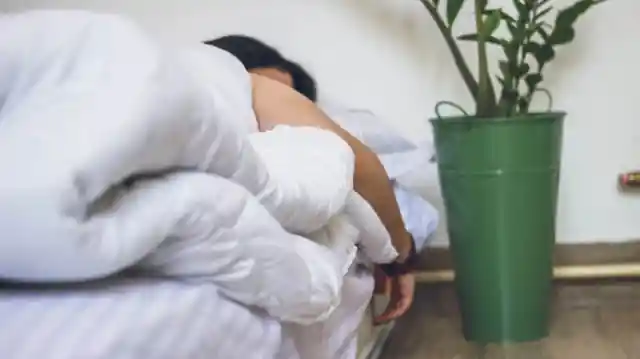

Air freshener
If you’ve ever had problems with sneezing, sniffling and congestion when someone else is spraying air freshener, it’s not just in your head. In fact, air fresheners have been linked to various allergic reactions. According to allergists, air freshener fragrances can trigger allergy symptoms in some people, especially those who already have asthma.
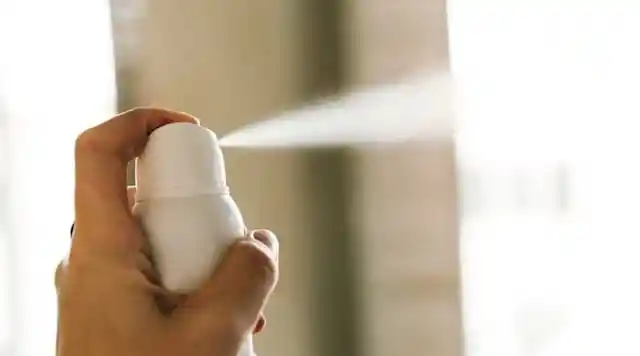
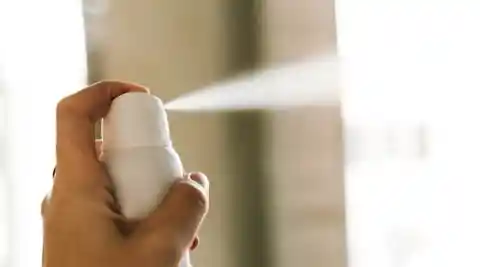
Flowers
In addition to bringing fresh-cut flowers into your home, indoor gardening can also worsen allergies if you’re already affected by pollen from outdoor plants. If you have seasonal allergies or live near any fields or forests where pollen is abundant, consider taking steps to prevent it from getting worse in your home.


Mould
Mold is a resilient beast that can be found anywhere from your basement to your bathroom. It can pose several problems for your health and, even if it’s not visible, it might still be lurking in your home. Although mould won’t cause you to have a cold or any other symptoms, it can worsen allergies – including sneezing – if you aren’t careful.


Carpets
For people with persistent sneezing problems or allergies that make them itchy or watery-eyed even at home, replacing carpets with hardwood floors, or even just thoroughly deep-cleaning them, may be an effective way to cut down on sneezing and other allergy symptoms. Carpets harbour countless allergens, including dust mites.
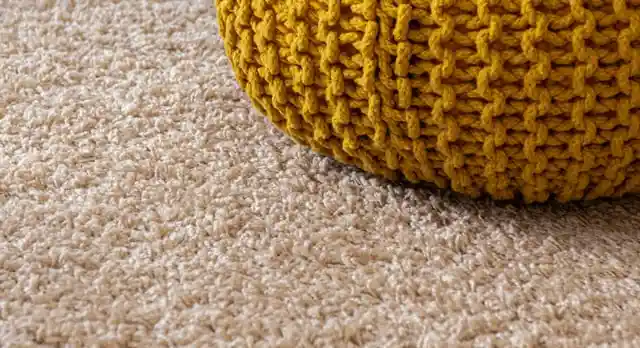
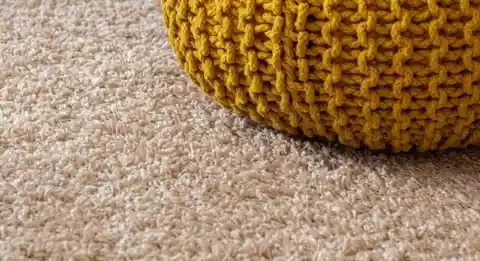
Vacuum cleaners
If you notice that you sneeze or feel like your eyes are itchy or watery after vacuuming, it could be because of the air quality left behind by a dirty vacuum. If the filter is dirty or clogged, it can leave particles floating in the air – and worse yet, if it’s winter and you’re running your heater, these particles can get sucked right back into your home.
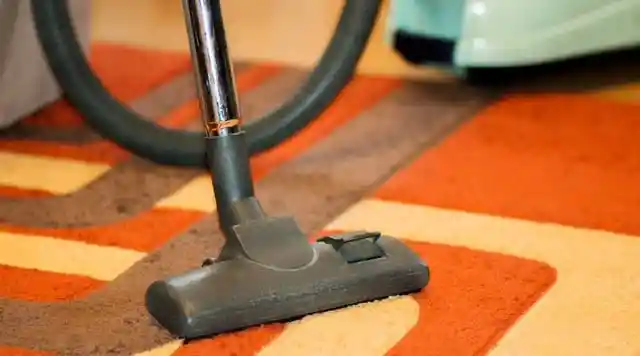
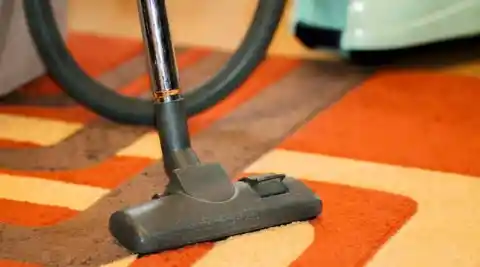
Indoor heating
If you’ve got a central heating system, you can probably expect to have dust and mould buildup in your ducts during the summer months, which will be released when you turn up your thermostat. To avoid this infestation-like influx of allergens, it’s worth having your ducts cleaned each autumn before you turn on the heat.
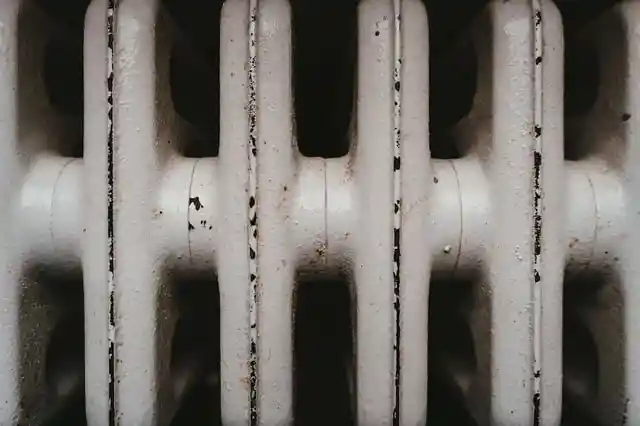
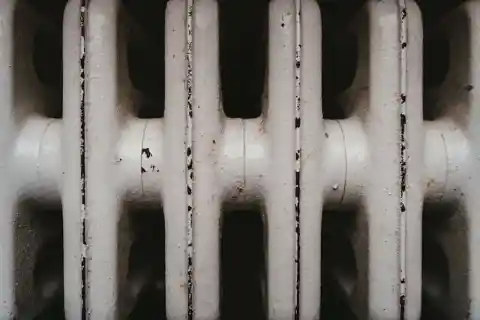
Insects
As anyone who’s ever come across one can tell you, cockroaches are disgusting. However, you might not know that cockroaches can trigger a sneezing reaction in some people, as they’re well known to carry allergens. In severe cases, the allergens found in cockroaches can cause an asthma attack, which is particularly problematic for children.
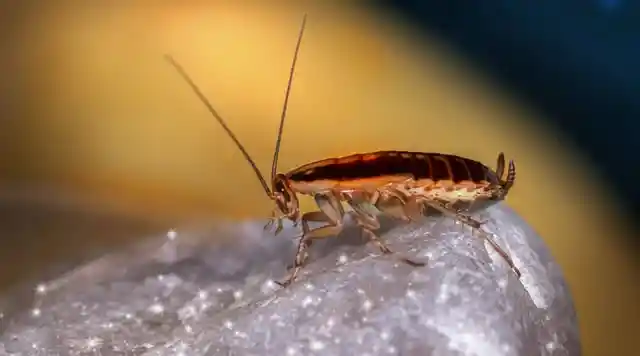

Pets
If you do have an allergy to dogs and have started sneezing more since getting one as a pet, take some time to talk with your doctor about what you can do to manage your symptoms. In some cases, they may recommend immunotherapy via allergy shots or a prescription antihistamine like Zyrtec, but for many people, over-the-counter options like Claritin or Benadryl work just fine.


Stress
It’s no surprise that stress and allergic reactions are related. The body releases adrenaline during periods of stress, which can cause one’s immune system to overreact in an inappropriate way to allergens. This is especially true if you’re not getting enough sleep, as a sleep deficit can exacerbate sneezing fits and other allergy symptoms.


Your washing machine isn’t hot enough
If you’re plagued by persistent allergic reactions, there’s something you can do about it. South Korean scientists have found that washing sheets at the hottest temperature possible (140 degrees Fahrenheit) kills 100% of dust mites. By contrast, a warm 104-degree wash only destroyed 6.5% of them. This may be because heat kills mites’ eggs as well as their bodies.
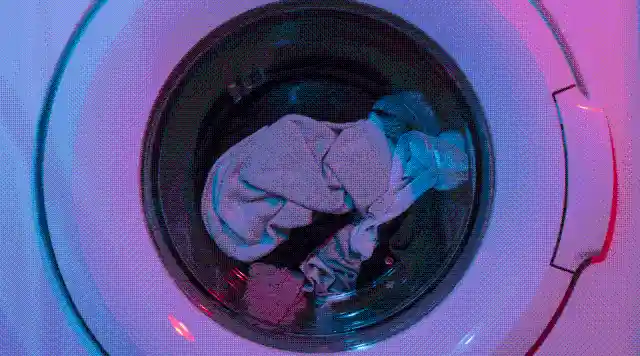
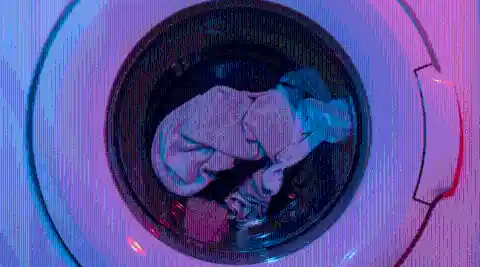
Houseplants
Though any potted greens can carry allergens, researchers found that ficus, yucca, ivy, palm, orchid, and fern varieties are most commonly irritating. It’s always better to keep your home free of houseplants if you’re highly sensitive to them, as simple measures like washing your hands after touching plants won’t keep you safe. The allergens can hang around and make you sneeze whether you’ve handled the plants or not.
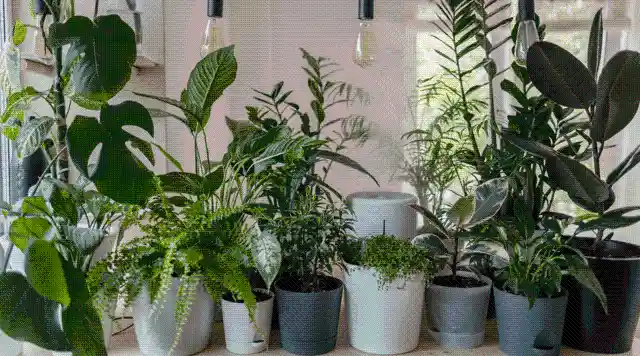

Swimming
Public swimming pools are a breeding ground for germs, which is why chlorine is used to sterilise them. Unfortunately, as useful as it is, chlorine is also highly irritating to the skin, eyes, and respiratory tract. According to one study, people who swim in chlorinated pools for more than 100 hours a year have a three to seven times higher risk of developing seasonal allergies later in life!


Smoking
Cigarettes are nasty. They contain a multitude of toxic chemicals and irritants, and they can make your home or office less comfortable for allergy sufferers to be in. They have even been shown in some cases to contribute to nasal allergies, as one Japanese study revealed that more than 80% of students with family members who smoked showed signs of nasal allergies.


Morning workouts
As spring approaches, the days get longer and warmer, so you may be tempted to trade your winter gear for shorts and sleeveless tops. With that said, you may want to reconsider that plan if you’re wanting to go running. Pollen counts are typically at their highest before noon, so if you’re planning a trail run or outdoor workout, do it later in the day to avoid a sneezing fit.


Humidifier
A humidifier is a great way to keep you healthy throughout the winter. However, if you’re not cleaning your humidifier regularly, your efforts may be going to waste, and you may even be making your health worse. The interior environment of a humidifier is ideal for mould and bacteria growth, and it can also collect dust and other particles, which can cause respiratory irritation and sneezing.


Scented candles
Have you ever seen the black smoke that rises from a candle when it’s blown on or extinguished? It may make your home smell nice, but that smoke isn’t just fragrant, it’s actually made up of tiny particles of burnt wax and other chemical compounds. When you breathe in these particles, they can trigger some allergy symptoms, including sneezing.
